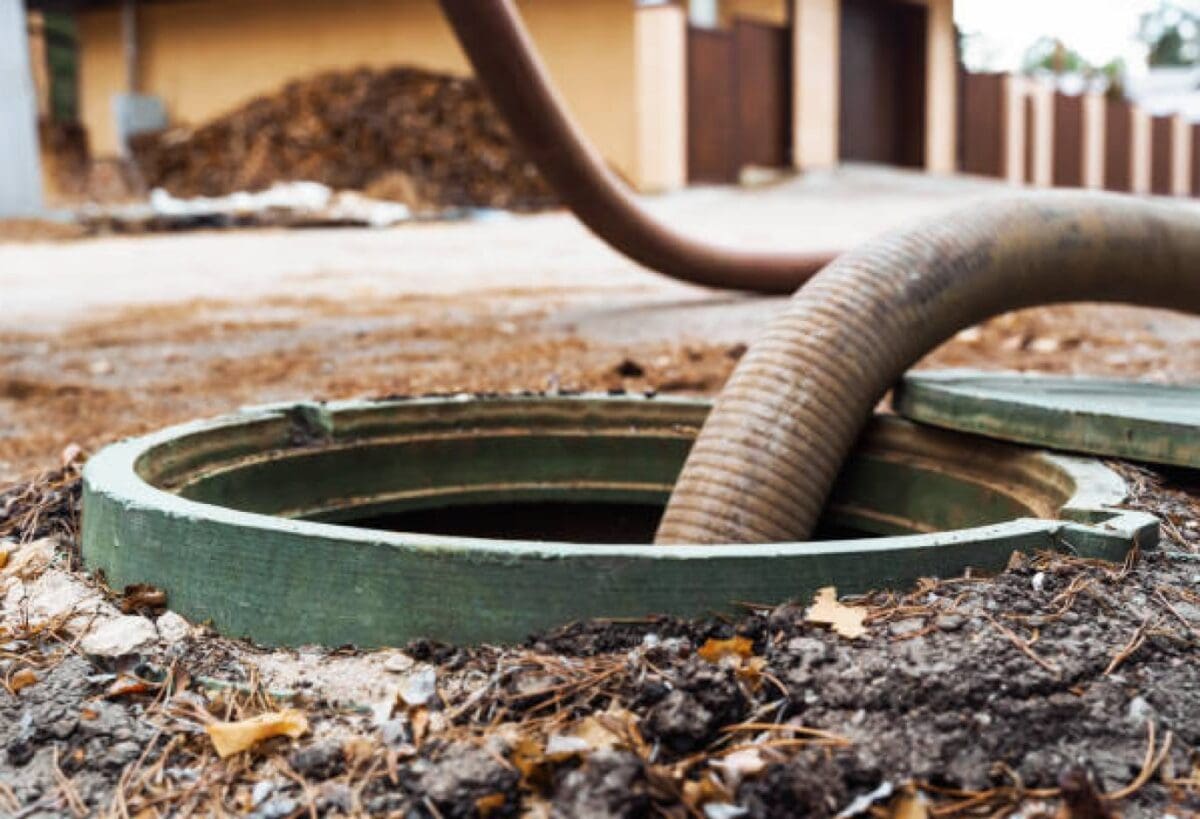
Keeping Your Septic Tank Clean: What to Do After You are the Plains VA Septic Tank Is Pumped
Just had septic tank pumping in Plains VA? Here’s what to do next.
Septic tanks are an essential part of homes and businesses in The Plains, VA, and other areas without access to a centralized sewer system. They are designed to store and treat wastewater from showers, toilets, sinks, and other plumbing fixtures. Like any other system, they require maintenance and upkeep to function efficiently. Pumping is an essential task that ensures that solids and other waste materials do not accumulate in the tank and cause overflow. After the pumping process, it is essential to take care of certain things to keep the septic system clean and functional. In this blog post, we will discuss what to do after the Plains VA septic tank is pumped.
Inspect the Tank
After your septic system is pumped, the service provider will close the lid and leave. However, you should not assume that the septic tank is clean and in good condition. Inspect the tank thoroughly to ensure that there are no cracks, leaks, or damage to the baffles, inlet/outlet pipes, and filters. If you notice any damage, contact professionals to repair it as soon as possible.
Practice Water Conservation
Your septic tank needs ample time to break down wastewater and other waste materials before they leave the tank. Excessive water usage can overload the system, causing it to fail. After pumping, practice water conservation to reduce the amount of wastewater generation. Limit your showers, dishwashing, laundry, and toilet usage. Repair any leaks or damaged plumbing fixtures to reduce water usage.
Use Septic Safe Products
The septic system depends on bacteria to break down waste materials and reduce the solids’ accumulation. Harsh chemicals, bleach, and non-degradable products can kill the bacteria and affect the system’s efficiency. After pumping, use septic-safe products or reduce chemical usage to avoid odor build-up, clogging, and damage to the tank.
Maintain Regular Pumping Schedule
Pumping is not a one-time task. Depending on the number of occupants, the size of the tank, and the use of the system, you should have your septic system pumped regularly. It is recommended to pump every 3-5 years to avoid tank overflow, backup, and system failure. Maintain a regular pumping schedule that suits your situation to prolong the system’s lifespan and ensure its efficient functioning.
Professional Maintenance
Lastly, ensure that you engage professional septic system maintenance services to keep your system clean, functional, and in good condition. Professionals have the skills, experience, and tools to inspect, maintain, and repair your septic system. They can identify potential problems and solve them before they escalate into costly repairs. Hire reputable professionals to maintain your septic system and avoid DIY maintenance that can cause more damage.
Conclusion:
Maintaining your septic tank after pumping is crucial to avoid unpleasant odors, backups, and system failure. Inspect the tank, practice water conservation, use septic safe products, maintain a regular pumping schedule, and engage professional maintenance services for optimal results. A clean septic system not only benefits your health and safety but also the environment. Do not wait for your septic system to fail to act. Take care of your septic system, and it will take care of you.
